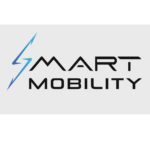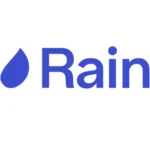Honda Motor is abandoning plans to start fuel cell module production in Japan by fiscal 2027, citing deteriorating market conditions that have undercut the automaker’s hydrogen ambitions.
The Japanese company will delay production at its planned Moka facility indefinitely while cutting manufacturing capacity targets by 30% from an originally projected 30,000 units annually. Honda was set to receive a subsidy of up to ¥14.7 billion ($102 million) from the Ministry of Economy, Trade and Industry but has decided to opt out because of the changes in time frame and scale.
The retreat reflects broader challenges facing hydrogen technology as higher than anticipated renewable electricity prices and regulatory uncertainty impede project bankability across the industry. Hydrogen adoption in new applications accounts for less than 1% of global demand despite 40% growth compared with 2022.
Honda’s reversal is particularly notable given the company’s three-decade commitment to hydrogen research. The automaker had positioned fuel cells as central to its carbon neutrality goals, targeting applications from vehicles to stationary power generation.
Clean hydrogen projects that reached final investment decision have seen dramatic increases, yet deployment pace has not been sufficient to remain on track with climate commitments. The gap between hydrogen promises and commercial reality continues widening as costs remain stubbornly high while infrastructure development lags expectations.
Honda maintains its pledge for fuel cell and battery vehicles to represent 100% of sales by 2040.




